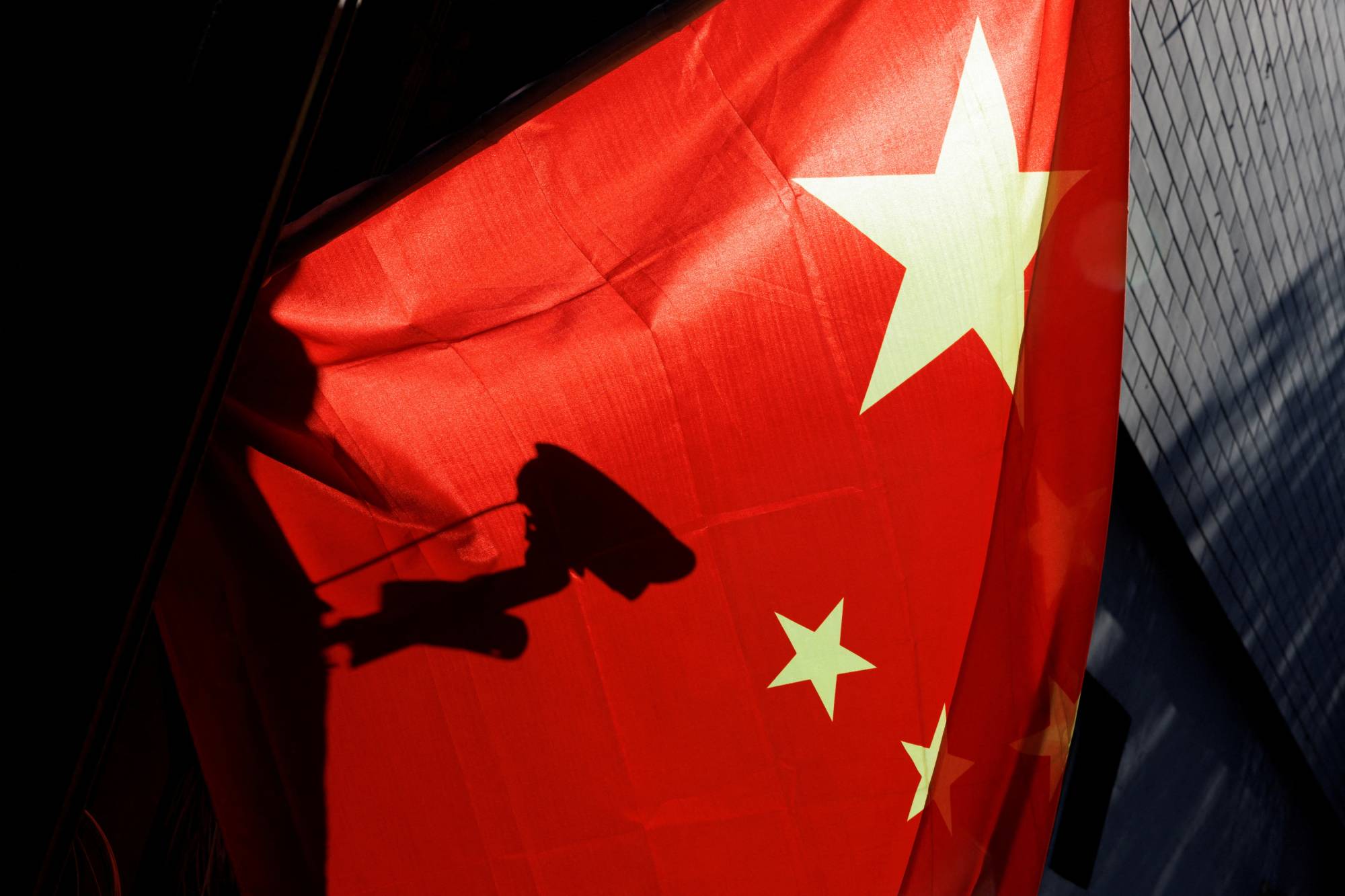Xi Jacks Up His National Security Obsession To Next Level
Chinese President Xi Jinping has raised diplomatic eyebrows by addressing a meeting of the all-powerful and secretive Central National Security Commission, asking it to think of “worst case” scenarios and prepare for “stormy seas”.
This is a clear indication that for the first time since Xi came power, the Chinese Communist Party is hardening efforts to counter any perceived internal and external threats.
Xinhua reported Xi as saying to the Commission: “The complexity and difficulty of the national security issues we now face have increased significantly. We must adhere to bottom-line thinking and worst-case-scenario thinking, and get ready to undergo the major tests of high winds and rough waves, and even perilous, stormy seas.”
The president’s directives come at a time when China is more mired in international disputes than ever, and has failed to convince the international community of its earnestness in trying to resolve regional issues through its intervention. Facts such as the continuing stand-off with India, the Chinese pursuing the failed BRI project, and the adamant stand on Taiwan and human rights records make it difficult for the community to believe Chinese actions. China, on the other hand, sees this as leading to an increasingly hostile international environment.
In face of what he called a “complex and grave” situation, Xi said China must speed up the modernization of its national security system and capabilities, with a focus on making them more effective in “actual combat and practical use.” He also called for China to push ahead with the construction of a national security risk monitoring and early warning system, enhance national security education and improve the management of data and artificial intelligence security.
At the meeting, Xi said China must proactively shape a “secured external environment” to better maintain the security of the country’s “opening up” and “promote the deep integration of development and security.”
The first meeting of the 20th Central National Security Commission was held in Beijing on May 30. Members of the Standing Committee of the Political Bureau of the CPC Central Committee and vice-chairmen of the Central National Security Commission Li Qiang, Zhao Leji, and Cai Qi attended the meeting.
The meeting, through Xi’s address, pointed out that it is necessary to guarantee a new development pattern with the new security pattern, actively shape an external security environment that is beneficial to the people, better maintain open security, and promote the deep integration of development and security.
The state media reported the meeting also saying: “It is necessary to promote the reform of the means and methods of maintaining and shaping national security, innovate theoretical guidance, improve the distribution of forces, and promote scientific and technological empowerment. It is necessary to improve the response to the national security risk complex, real-time monitoring, timely early warning, and a good combination of punches.”
Basically, the meeting has called for a drastic re-orientation of the country’s “security” apparatus which also means a highly strategized and modernized military to face as yet unnamed challenges China is apparently facing.
The meeting reviewed and approved documents such as “Opinions on Accelerating the Construction of a National Security Risk Monitoring and Early Warning System” and “Opinions on Comprehensively Strengthening National Security Education”.
Established in November 2013, the Commission oversees the Party’s national security portfolio. It is one of the Central Committee’s “decision-making, deliberative, and coordinating institutions”, answering to the Politburo and the Politburo Standing Committee. The Commission has a broad mandate, encompassing traditional and non-traditional national security issues as well as the political security of the regime. It sets the directions for various policy areas and actors under the broad “national security” rubric.
Since 2014, the Chinese Party-state has been guided by what it calls the “holistic approach to national security”. One notable feature of this approach is securitisation. Numerous areas, from ethnic relations to youth education, cultural heritage, and food production, have undergone varying degrees of securitisation.
Most China watchers believe that the Commission operates in a “black box”. Not many outside the CCP leadership even have a list of who sits on the Commission, let alone much information about its activities. Since its establishment, there have only been a handful of official reports on the Commission: a meeting in April 2014, a work conference in February 2017, and the recent meeting.
These watchers expect some major announcements from the communist government in the near future, considering that Xi has broadened the meaning of national security to cover everything from politics, economy, defense, culture and ecology to cyberspace. It extends from the deep sea and the polar regions to space, as well as big data and artificial intelligence. Under Xi’s notion of “comprehensive national security,” China has introduced a raft of legislation to protect itself against perceived threats, including laws on counter-terrorism, counter-espionage, cybersecurity, foreign non-government organizations, national intelligence and data security. It also broadened the scope of its already sweeping counter-espionage law from covering state secrets and intelligence to any “documents, data, materials or items related to national security and interests.”












